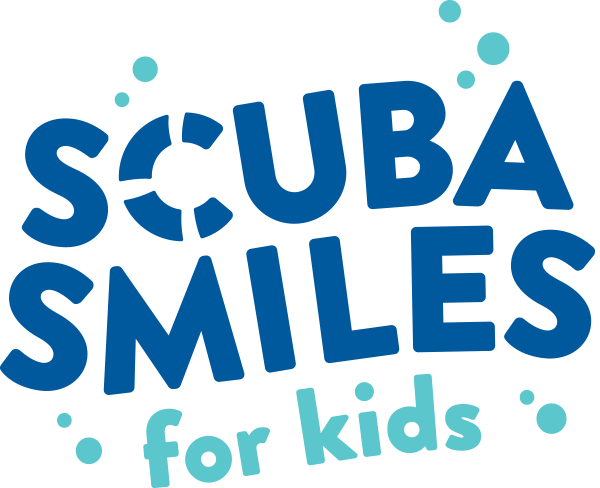Ever since your pregnancy test came out positive, you’ve no doubt been in a whirlwind of joy, love and excitement.
While you’re scheduling doctor appointments, planning childbirth classes and setting up your nursery, don’t forget about visiting a dentist near you! The health of your teeth is connected to the health of your baby.
Here are the top five things you need to know about pregnancy and oral health:
#1 Expectant mothers are prone to gum disease
Hormonal changes during pregnancy aren’t just causing mood swings but it’s putting you at risk for gum disease. As an expectant mother herself, Dr. Laura Benjamin at Advanced Smile Care, says that’s why it’s crucial to have good oral hygiene habits and routine check-ups and cleanings.
“The hormones that you have during pregnancy can cause gingivitis, which is where your gums become inflamed and red. So, you want to make sure you’re getting them cleaned,” said Dr. Benjamin.
#2 Gum disease linked to premature births
If you have gum disease, get treatment ASAP. According to a study published in the Journal of the American Dental Association, expectant mothers with chronic gum disease were 4 to 7 times more likely to deliver premature babies compared to women with healthy gums.
#3 Dental treatment is safe during pregnancy
Don’t be afraid to get dental work done! Local anesthetics or dental x-rays are not harmful to you or your baby. Studies show there’s no increased risk and advancements in technology have made X-ray machines safer.
#4 Major procedures safest during second trimester
Do you need to get fillings, a root canal treatment or your wisdom teeth pulled out? It’s best to get them done during your second trimester. But if you have a dental emergency during your first or third trimester, Dr. Benjamin and staff at Advanced Smile Care can always help.
“We’ll take care of it. We don’t want you in pain or have an infection. But it’s best to come in early so we can prevent those kinds of things from happening,” said Dr. Benjamin.
#5 Keep your dentist in the loop
Tell your dentist all of the prescribed drugs you may be taking including prenatal vitamins. Your dentist may change your treatment plan based on the medications.



